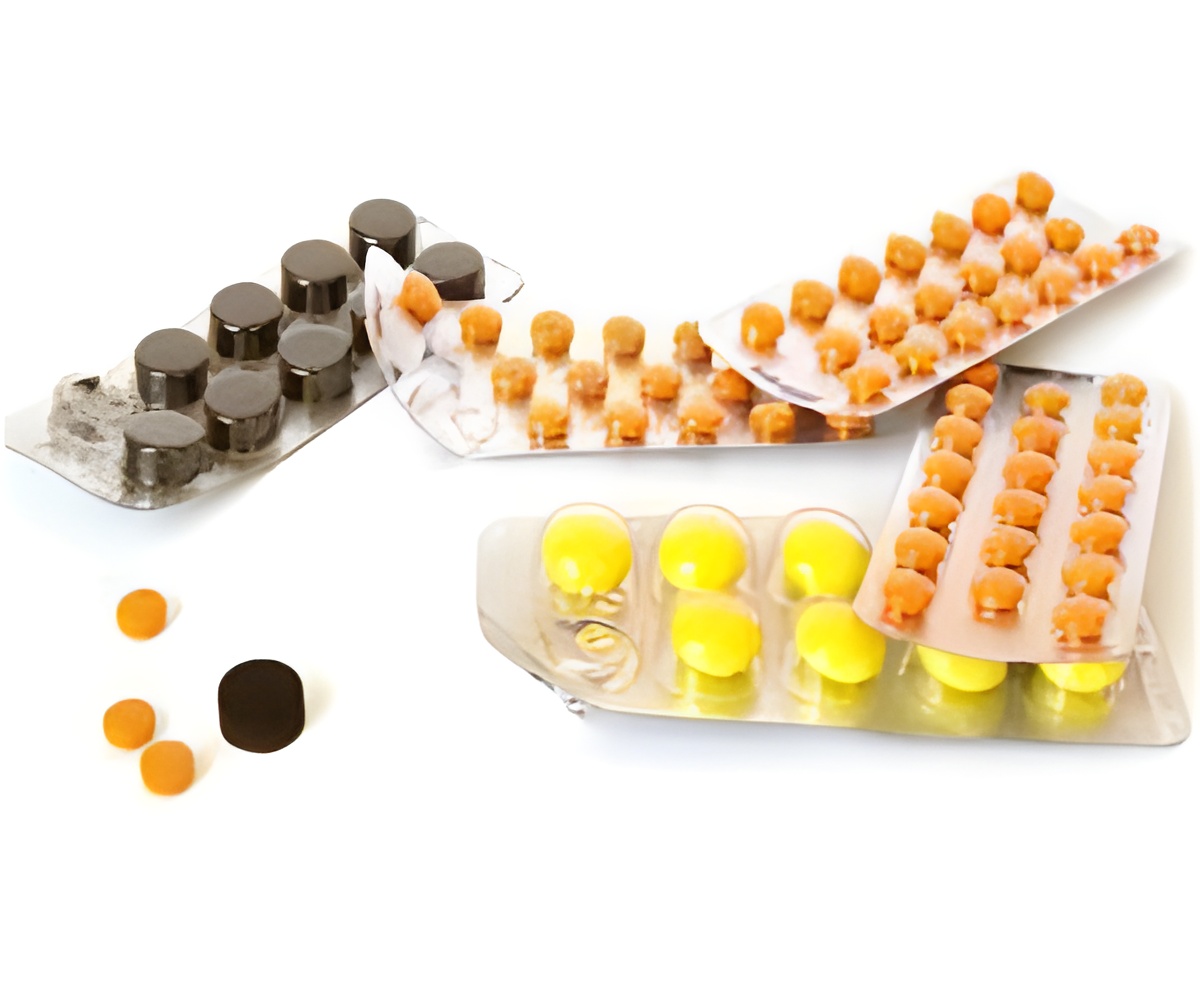
Microbiologist Jun Sun, of the University of Rochester Medical Center, said: "Vitamin D deficiency is a known factor in the pathology of inflammatory bowel disease and colon cancer but there have been very few reports about how bacteria might play a role by targeting the vitamin D receptor. Our work suggests one possible mechanism, by working through the vitamin D receptor, a sensor and regulator for the majority of functions of vitamin D."
Sun's team took a close look at the vitamin D receptor in mice and its interactions with bacteria in the colon. The team studied normal mice; mice in which the vitamin D receptor had been knocked out; and mice that were completely free of any germs. Scientists observed how the mice responded to infection with either a harmless strain of E. coli or a pathogenic strain of Salmonella Typhimurium.
The team found that Salmonella is able to regulate the vitamin D receptor, increasing its activity and determining where in the colon the receptor is active. In the presence of Salmonella, the receptor was more prevalent than usual deep within folded intestinal structures known as crypts.
Sun's team also discovered that the vitamin D receptor plays a key role in defending the body from assault by Salmonella and squelching inflammation. The receptor stops a molecule known as NF-Kappa B, a well-known master player in the world of inflammation, by binding to it and preventing it from activating other inflammatory molecules. While scientists have known that the receptor interacts with NF-Kappa B, details of the interaction modulated by bacteria in the colon are new.
The scientists found that Salmonella was much more virulent and aggressive in mice in which the vitamin D receptor had been turned off. These mice showed higher levels of activity of inflammatory molecules, and they lost weight more quickly and were much more likely to die in response to infection.
Advertisement
"But we aren't able to culture most of these bacteria in the laboratory, and we don't know what most of them are doing. We need to understand our gut flora much more than we do. This is particularly important for understanding how we might manipulate the natural gut flora to stop an invader like Salmonella."
Advertisement
Source-ANI













